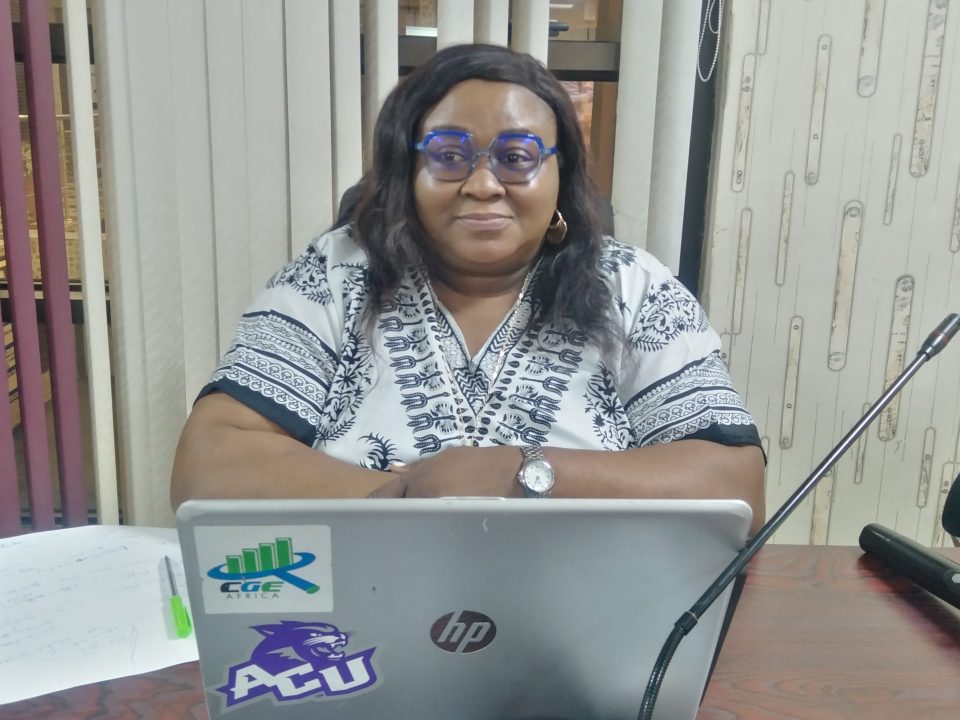By Charles Okonji
The Centre for Gender Economics Initiative (CGE Africa) has urged the media at all levels to join forces in calling on the three tiers of government to formulate policies that will effectively address gender based violence, which is on the increase in the society today.
The Executive Director, Centre for Gender Economics Initiative (CGE Africa), Uchenna Idoko, stated this in Lagos at the 2023 International Women’s Day Celebration, entitled “Gender and Age- Responsive Media Reporting in the Digital Era.”
Idoko noted that quality of people, regardless of age, ethnicity, gender, religion, economic status, among others, has become a critical agenda of this age.
She pointed out that research and international reports have confirmed that women are disadvantaged in many social aspects, explaining that the degrees may vary.
She said: “Women are oppressed all over the country. They control only a tiny percentage of Nigeria’s resources, have limited access to education and employment, and remain marginalized and excluded.
“Their family duties affect their careers in the public domain, and their unequal relations with men make them vulnerable to gender-based violence (GBV).
“Older women are especially vulnerable to abuse and violence because of discriminatory societal attitudes and the non-realization of human rights. This is often exacerbated by poverty and lack of access to legal protection. In some parts of Nigeria, harmful traditional practices result in the abuse and violence of older women.”
Idoko noted that gender equality and older citizens’ empowerment should be one of the overarching priorities of the Federal Republic of Nigeria.
She urged the media to give increasing attention to gender equality and age-related issues in Nigeria, adding that the press has the influential power to challenge and change people’s perceptions and behavior as well as impacting policy and practice dialogues.
In her words, “Today, CGE Africa underlines the need to address the continuous negative and degrading images of women projected through media content, including advertisements, especially in the digital space. We call for action to intensify the media’s role in balancing unequal gender relations and promoting gender equality and older women’s empowerment.
“It is essential to understand that, unlike sex, gender is a social construction. Therefore, news and all media content must be mindful not to present gender inequality as natural and inherent.
“By recognizing gender equality, our stories and all media texts will become more gender-sensitive and impartial. This will contribute to breaking stereotypes and demystifying wrong cultural and social assumptions.
“Women’s rights are human rights. Although human rights laws are designed to protect all humans and presume that all humans are equal regardless of their age, race, sexuality, gender, ethnicity, and other identities, women have been marginalized socially and historically due to the failure of most civilizations to see women as whole human but rather as subordinates to men. This brings the importance of putting extra effort and focus on women’s rights and applying human rights by the media.”
Idoko buttressed the need to report gender-based violence ethically, saying that one of the challenges of tackling GBV in Nigeria is that it tends to be considered a personal issue that is not meant to be discussed in public.
She tasked the media to make deliberate effort in making women source of news, adding that women professionals should be featured in hard news topics, and shows.


previous post


